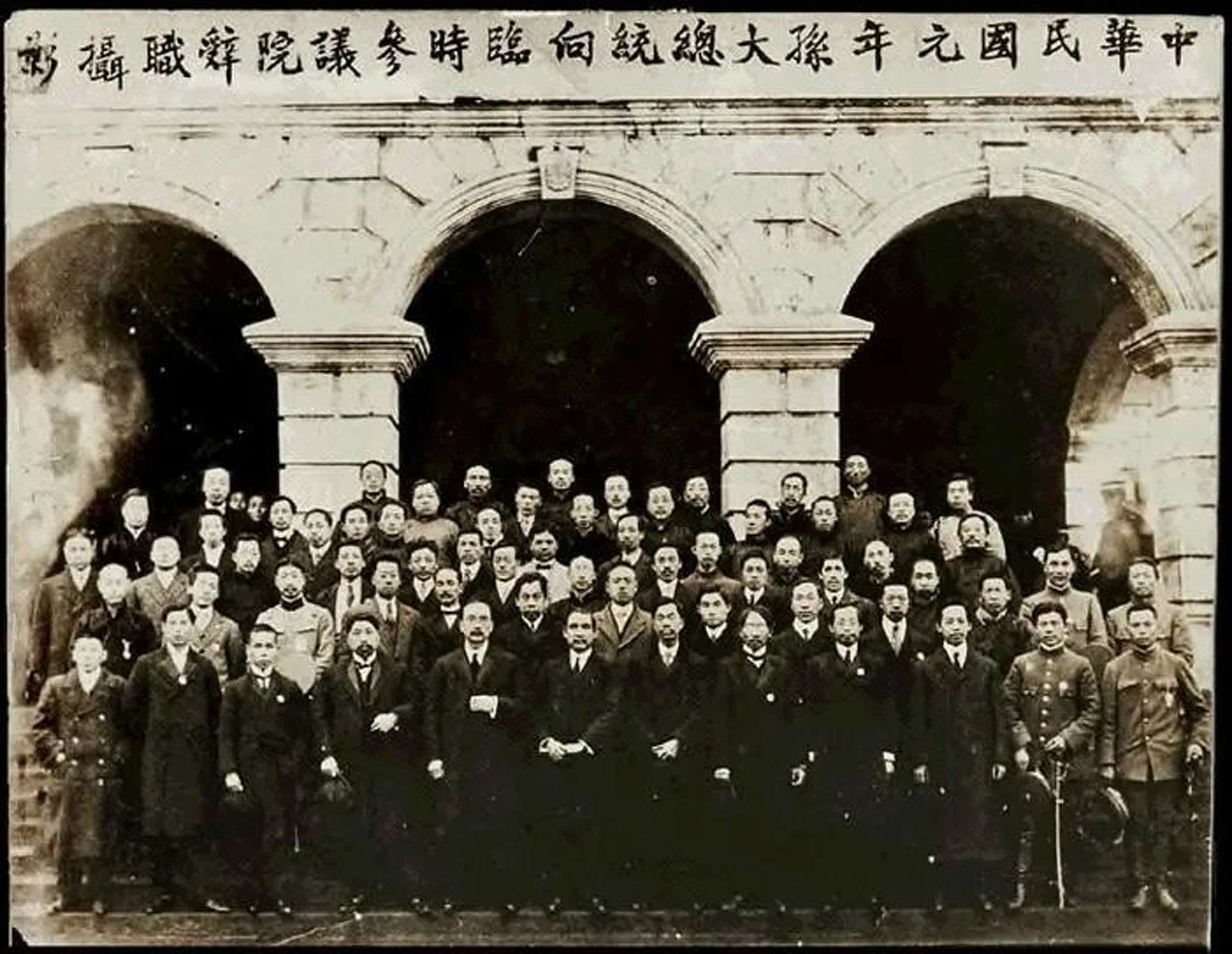In an article on censorship in the PRC published in the LA Times, historian Tim Brook argues China fetishizes signs of legitimacy, it's a fun phrase and worth considering.
The short reign of Zhu Changluo
Chinese Academy of Social Sciences throwing shade at The New Qing History
Fatal Firing: The Tragic Story of China’s First Battleship
The Historical Record for January 1, 1912: Sun Yat-sen named president of Republic of China
Historical Responsibility: The Yasukuni Shrine and Mao Zedong
What is Mao Zedong's Legacy 120 Years Later?
Artefacts: Taking heads
Korea in Chinese history: Stuck in the middle
China's first president for life: Present at the miscreation
China's History in Myanmar: Unruly Lines
Parallel history: Times of intrigue and promise
On an Island
While there will be considerable fanfare today commemorating the 15th anniversary of the British handover of Hong Kong to the PRC, it’s worth noting that this is also an important anniversary year in the history of another island. 2012 marks 350 years since Zheng Chenggong (better known outside China as ‘Koxinga’) landed on Taiwan and forced a Dutch garrison to surrender control of the island to Zheng and his family.
Visions of the 18th century: The charms of Qing TV
Zhou Enlai, the Qingming Festival, and the spring demonstrations of 1976
Today is Qingming Jie, the annual grave sweeping day, and also the 35th anniversary of the April 5 Τiananmen Incident. This post, originally published on the anniversary of Zhou Enlai’s death (January 8, 2007), looks at the legacy of Zhou Enlai and how the celebration of Qingming led to a major demonstration and crackdown in the spring of 1976.
Envy and Antipathy: Chinese historical attitudes toward Japan
Lessons from China's Revolution, 100 years later
Bad History: China’s Economic Policies and the Opium War
The Burning of the Yuanmingyuan: 150 Years Later
The multiplicity of meanings associated with the Yuanmingyuan (The Old Summer Palace) and the complicated circumstances of its destruction make for fascinating history as well as an opportunity for the CCP's educational minions to leech that history of any real substance -- other than as a crude device to teach 'patriotism.'

























